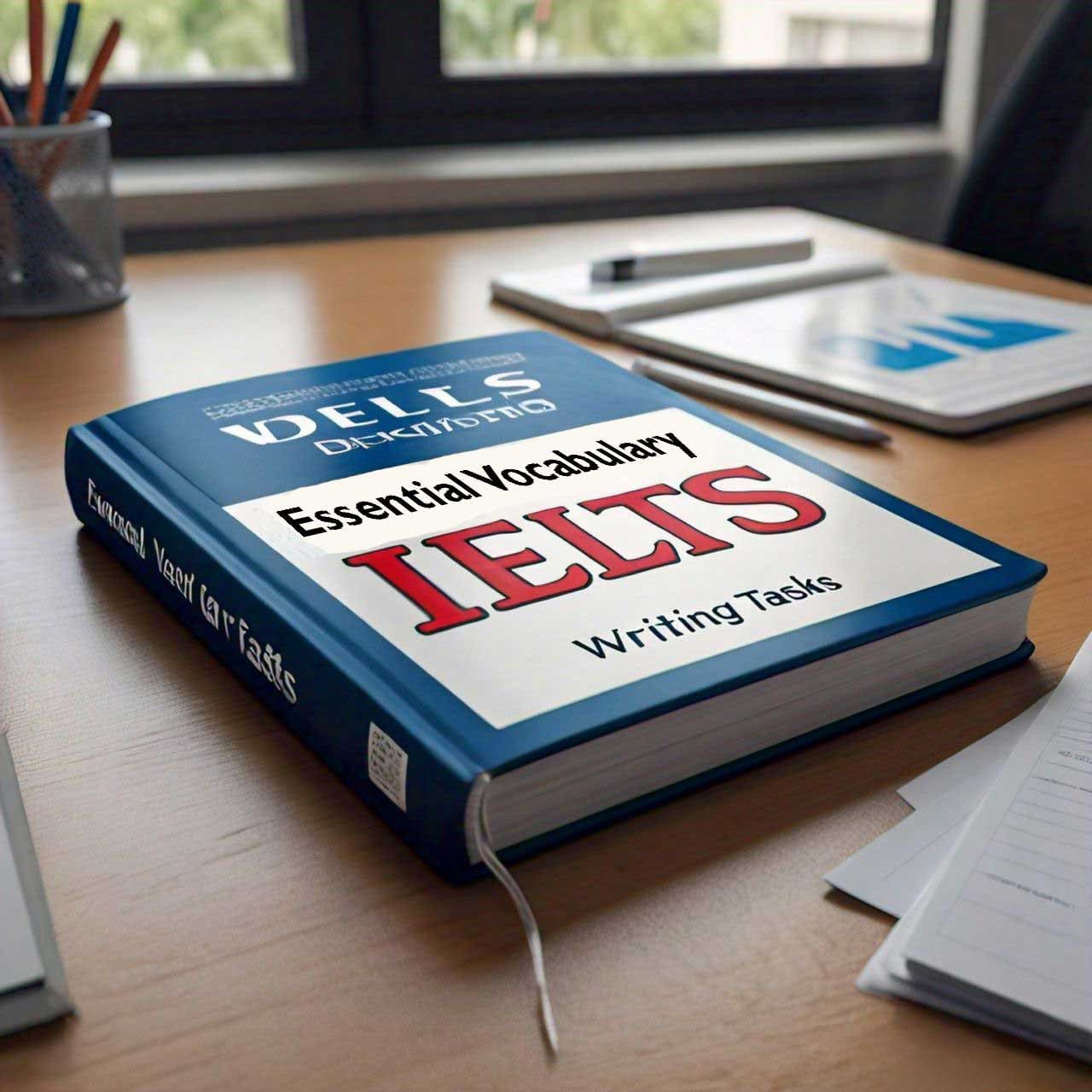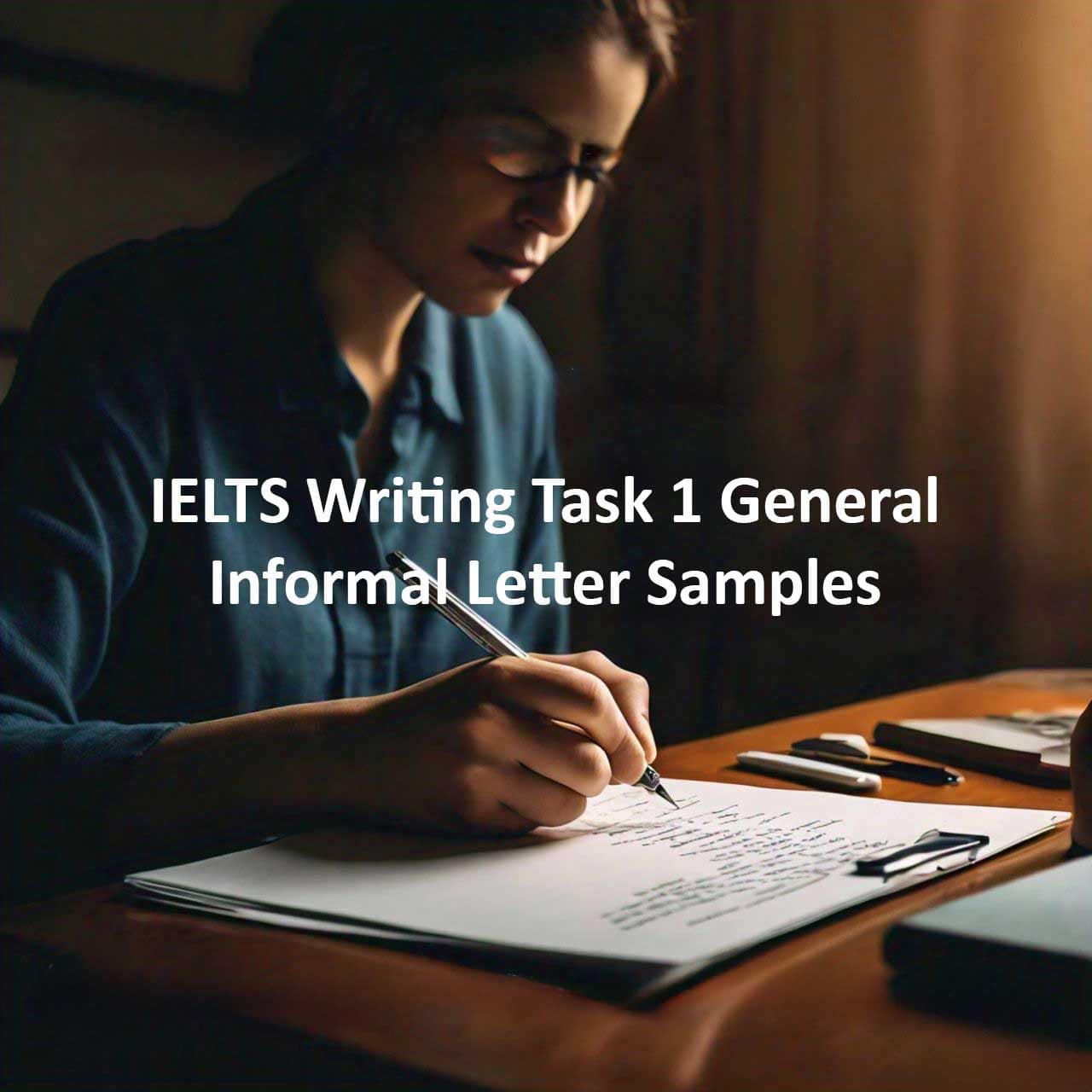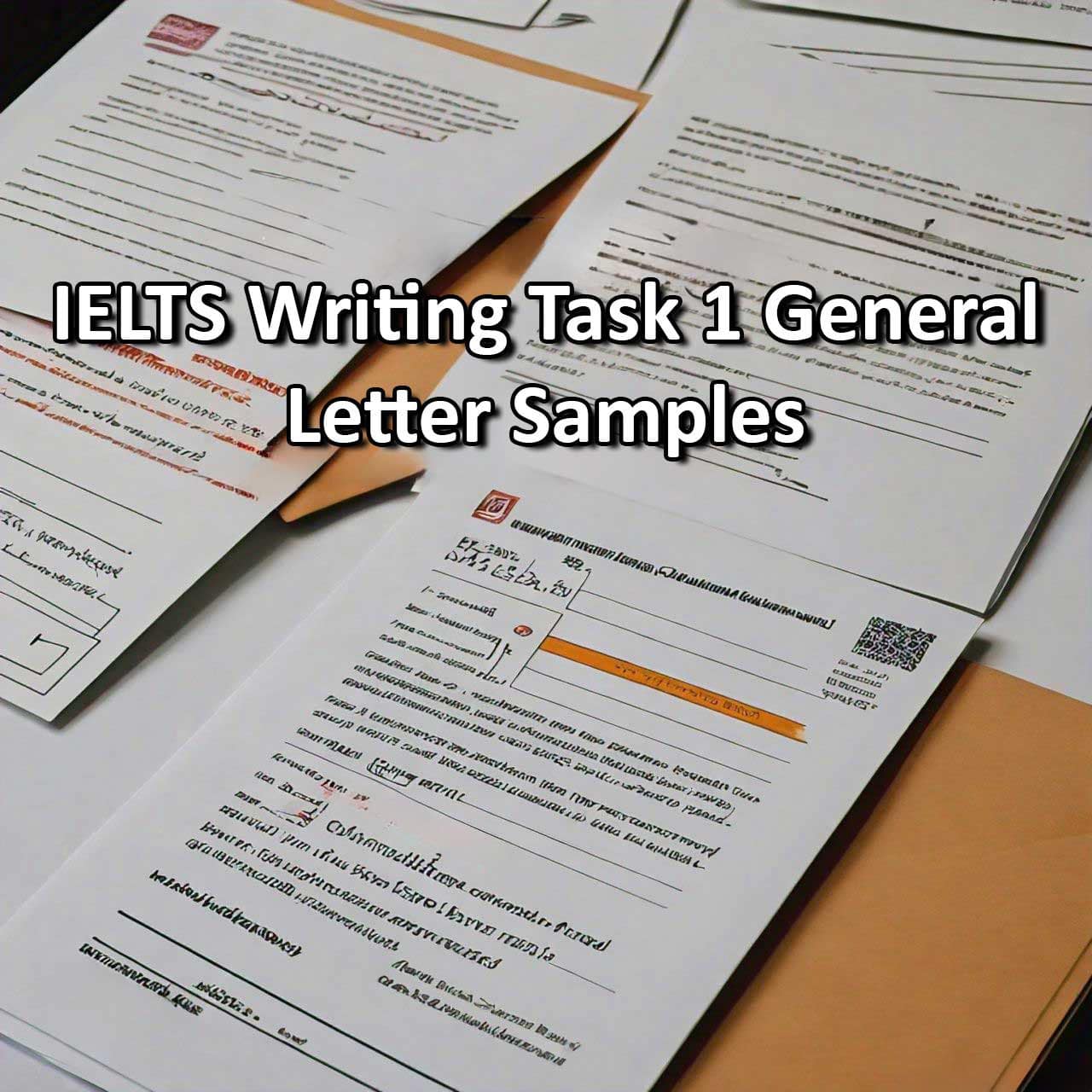The writing component of the International English Language Testing System (IELTS) exam assesses your ability to communicate effectively in written English. Whether you’re aiming to study abroad, immigrate to an English-speaking country, or pursue professional opportunities, having a strong grasp of vocabulary is essential for achieving a high score. In this blog post, we’ll explore essential vocabulary that can enhance your performance in both the IELTS Academic and General Training writing tasks.
Table of Contents
1. Introduction and Overview:
– Introduction: Introduce your topic or argument succinctly.
– Overview: Provide a brief summary or overview of the main points you will discuss in your essay.
2. Describing Trends and Data:
– Increase: Rise, grow, surge, escalate.
– Decrease: Decline, drop, decrease, fall, plummet.
– Fluctuate: Vary, oscillate, fluctuate, change.
3. Expressing Cause and Effect:
– Cause: Because, since, due to, as a result of, owing to.
– Effect: Consequently, therefore, thus, as a result, hence.
4. Providing Examples and Support:
– For example: For instance, such as, to illustrate.
– Support: Evidence, data, statistics, research, studies, findings.
5. Comparing and Contrasting:
– Comparison: Similarly, likewise, in the same way, compared to.
– Contrast: However, on the other hand, whereas, in contrast, conversely.
6. Expressing Opinion:
– Opinion: In my opinion, I believe, I think, from my perspective.
– Agreement: I agree that, it is clear that, undoubtedly, certainly.
– Disagreement: I disagree that, it seems unlikely that, it is doubtful that.
7. Adding Emphasis:
– Emphasize: Importantly, significantly, notably, particularly, crucially.
– Reinforce: Indeed, in fact, furthermore, moreover, additionally.
8. Transition Words and Phrases:
– Addition: Additionally, furthermore, moreover, in addition.
– Sequence: Firstly, secondly, thirdly, next, finally.
– Conclusion: In conclusion, to sum up, overall, in summary.
9. Describing Trends and Phenomena:
– Rise: Surge, increase, climb, escalate.
– Fall: Decline, decrease, drop, plummet.
– Stable: Consistent, steady, unchanged, constant.
10. Formal and Academic Vocabulary:
– Formal: Accordingly, henceforth, consequently, notwithstanding.
– Academic: Hypothesis, phenomenon, methodology, analysis, synthesis.
11. Expressing Agreement and Disagreement:
– Agreement: I concur, I am inclined to agree, I share the same view.
– Disagreement: I beg to differ, I am of a different opinion, I cannot accept.
12. Providing Recommendations and Suggestions:
– Recommend: I would suggest that it is advisable to, it is recommended that.
– Suggest: It may be beneficial to, one possible solution is, consider the option of.
13. Concluding Statements:
– Conclude: To conclude, in conclusion, ultimately, to summarize.
– Final Thought: In summary, to sum up, overall, all things considered.
14. Expressing Certainty and Uncertainty:
– Certainty: Undoubtedly, certainly, without a doubt, indisputably.
– Uncertainty: It is possible that, it may be argued that it is conceivable.
15. Advanced Vocabulary for Academic Writing:
– Synonym: Equivalent, analogous, comparable, analogous.
– Contrary: Conversely, in contrast, conversely, on the contrary.
Conclusion:
Expanding your vocabulary repertoire is essential for achieving success in the IELTS writing tasks. By incorporating these essential vocabulary words and phrases into your writing, you can convey your ideas more effectively, demonstrate a higher level of language proficiency, and ultimately, achieve your desired score. Practice using these words in context, familiarize yourself with their meanings and usage, and strive for clarity and precision in your writing. With dedication and persistence, you can enhance your writing skills and excel in the IELTS exam.



